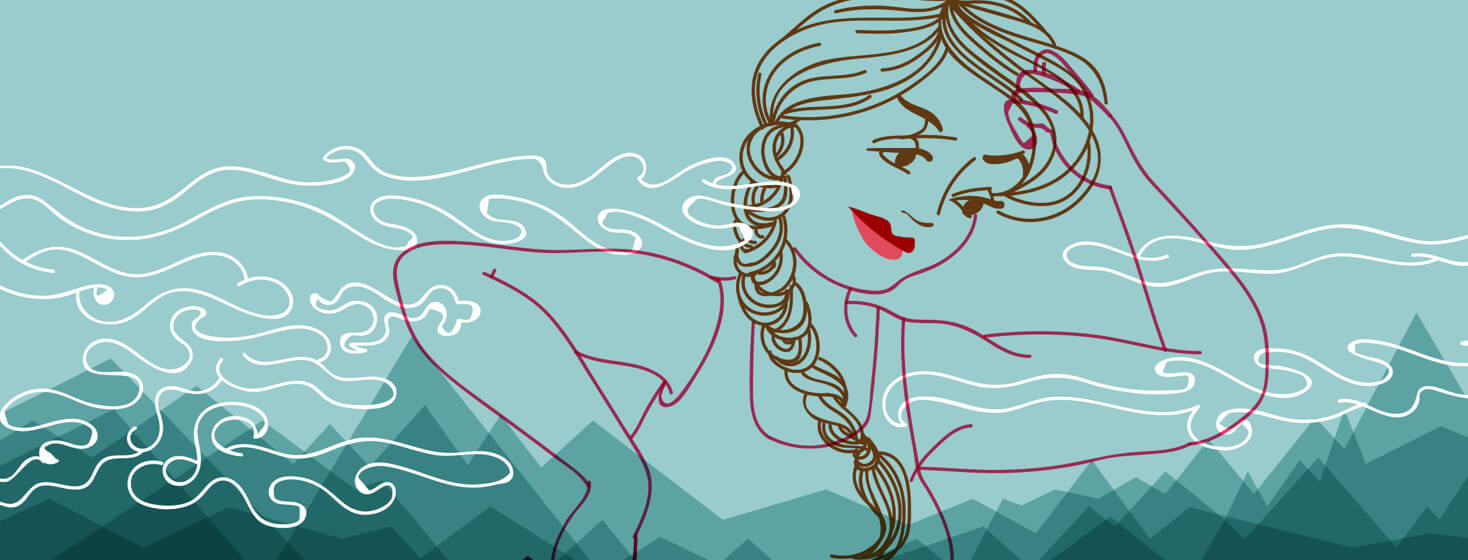Solo Thru-Hiking With Narcolepsy: Is It Possible?
I have a dream of hiking the Pacific Crest Trail or the Appalachian Trail.
My narcolepsy greatly impairs me physically, and I worry about my ability to navigate appropriately despite my sleep attacks. There are a number of things about backpacking, or thru-hiking, that make things especially complicated for people with disabilities.
Trail and campsite permitting
In order to backpack these trails, a great deal of documentation is necessary. There is a variety of permitting fees that must be paid, which can be difficult for people with disabilities to pay for considering how few their resources often are.
You also have to plan out an itinerary for your campsites each night and stick to it. This concerns me because, with narcolepsy, sometimes my brain just won’t work. It wouldn’t be safe for me to wander in the woods when suffering from a sleep attack and risk getting lost or injured.
Even if my symptoms started to get on top of me, I would potentially have to keep walking to ensure that I made it to my designated site before dark.
Gear is expensive
People with narcolepsy are frequently underemployed, unemployed, or on disability. All of these result in economic insecurity.
I struggle to afford quality outdoor gear, which can run pretty steep in terms of prices. Even if I were able to collect my pennies and save up, as a person on disability I can only have a certain dollar amount of resources in my possession, or I can potentially lose my payments and benefits from the program. This is one obstacle to backpacking caused directly by the severity of my narcolepsy.
Caring for my service dog on the trail
I have a service dog that helps mitigate some of my narcolepsy symptoms. I worry that having to care for her needs on the trail while also caring for mine (and keeping us both safe) might be too much for my body to handle.
On the other hand, leaving her in a doggy hotel would be stressful for both of us, and I would not have her assistance on the trail when I might need it.
Traveling with narcolepsy is difficult
I have had to hurdle too many obstacles to be able to drive as a person with narcolepsy. There are strict guidelines that I stick to in order to ensure my safety and the safety of those around me. This involves taking a nap for every hour of driving on a trip.
I prefer public transportation for this reason, but there are limited public transit options for getting to trailheads. Traveling by public transit is also more difficult with a service dog than going alone. When my service dog is with me, though, I feel much safer and more capable.
Have you ever hesitated to participate in a new hobby because of your narcolepsy?

Join the conversation